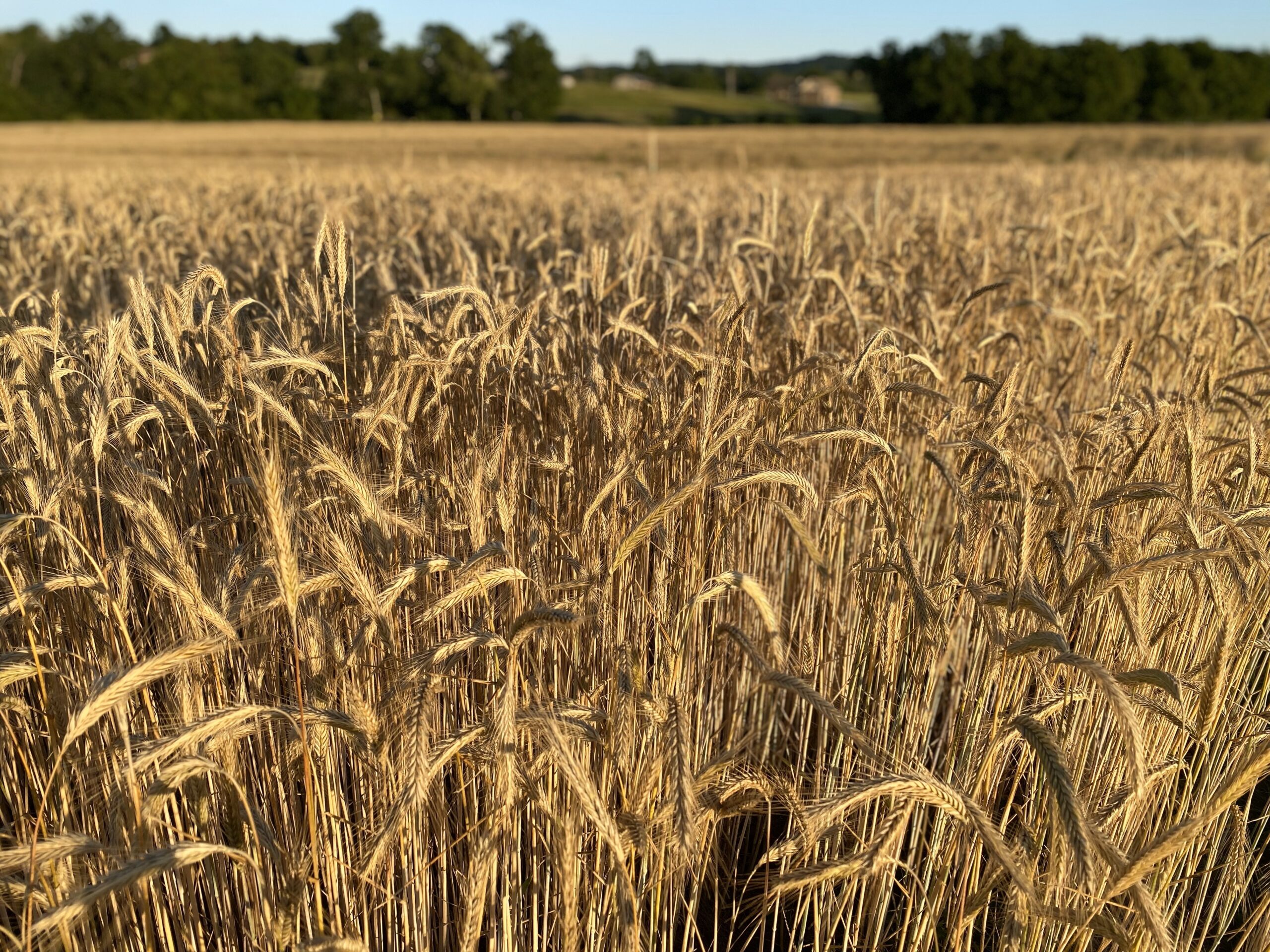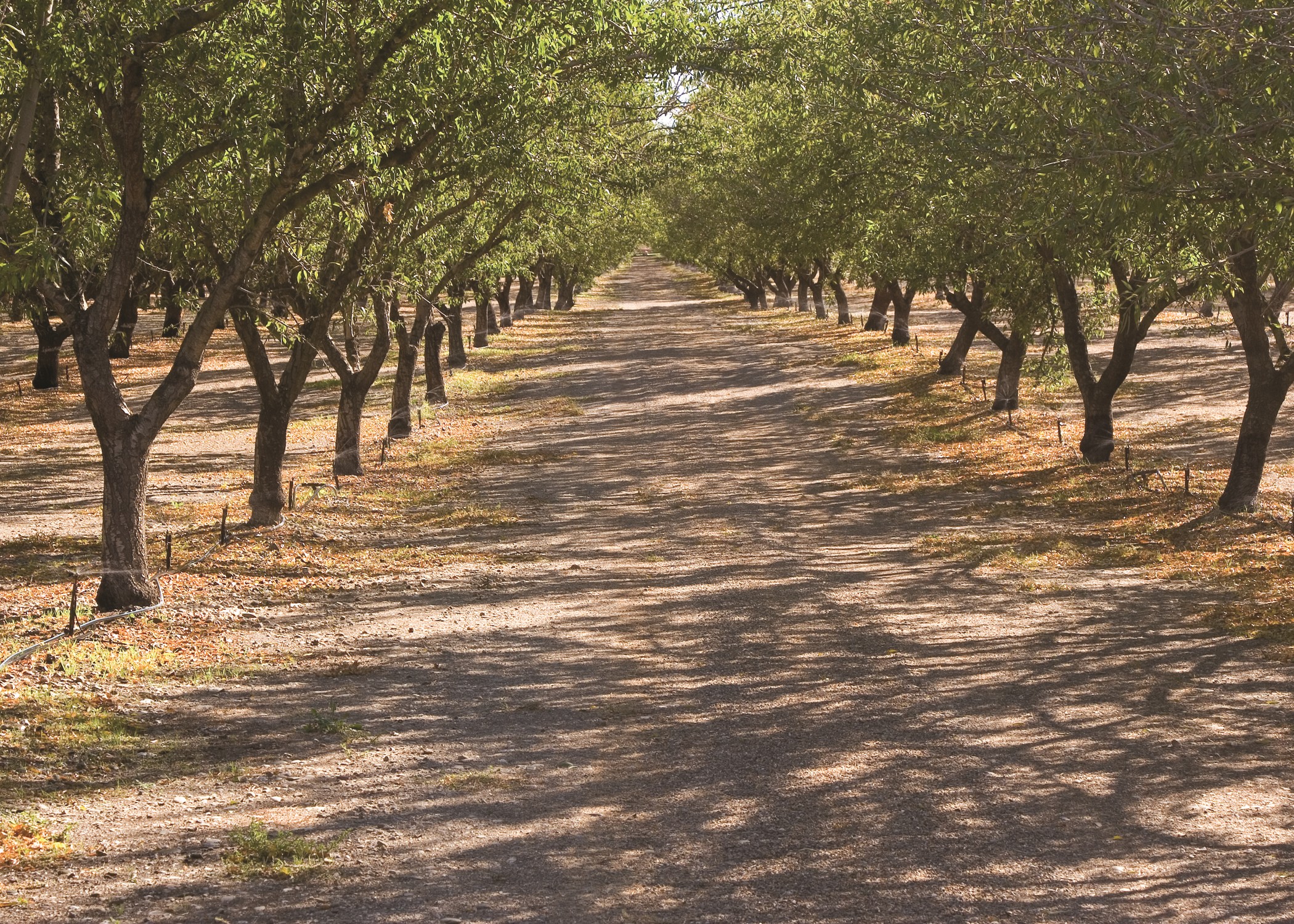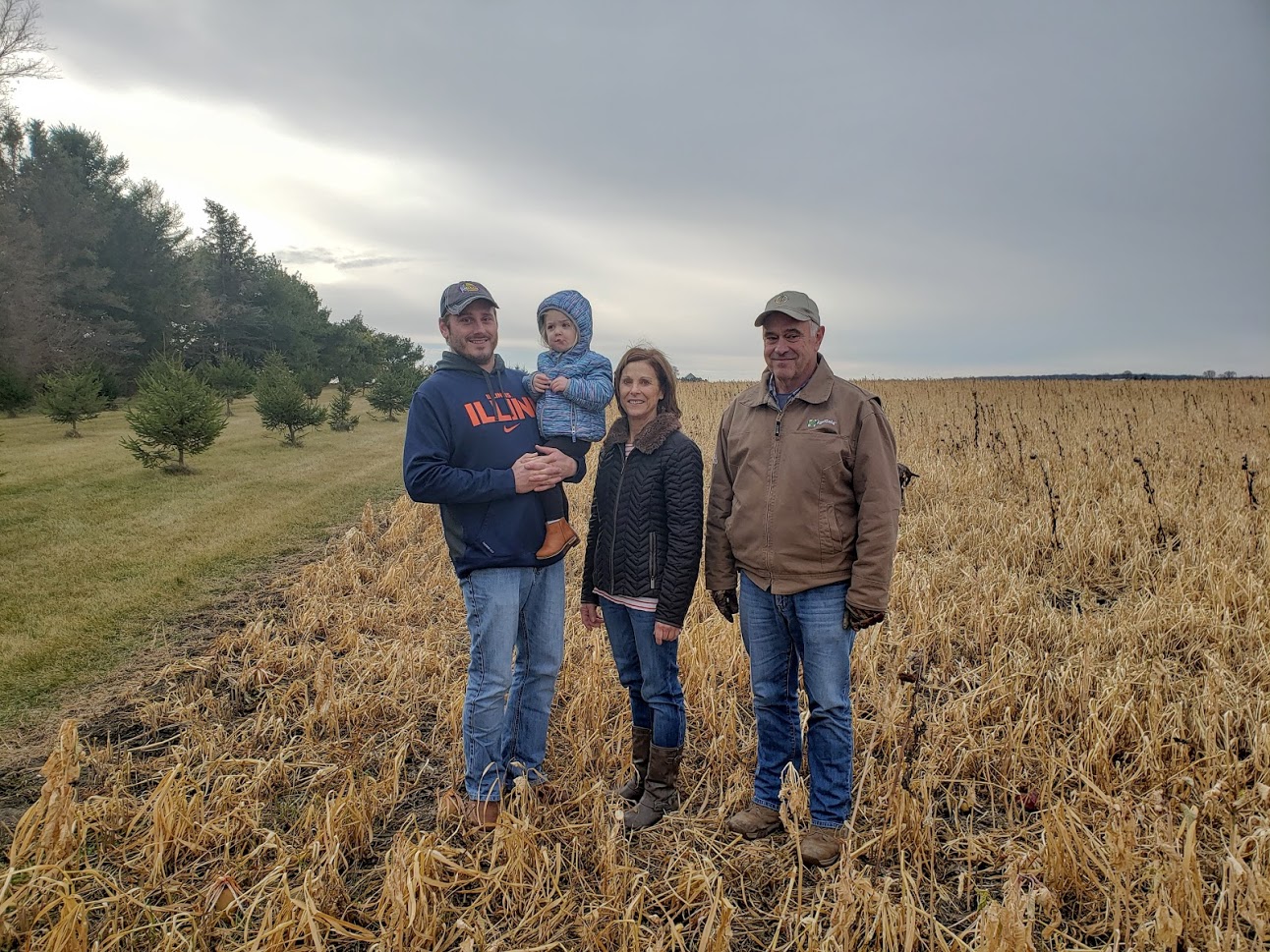This Toolkit contains an Excel-based Retrospective Soil Health Economic Calculator (R-SHEC) Tool to analyze data, an associated questionnaire to collect data, recorded video trainings, and guidance materials that walk you through how to use the Toolkit. The R-SHEC output is a partial budget analysis table of results, presenting side-by-side the positive and negative effects of soil health practice adoption. The field operation categories analyzed include: machinery, fertilizer, chemicals, soil sampling, yield, learning hours, and erosion.
If you want to turn the results into a case study that includes a description of the producer’s farm and soil health journey (like our soil health case studies) we provide you with a writing template to guide you. AFT’s hope is that one day our fellow conservationists in every farming county will publish a case study featuring at least one “soil health successful” producer, thereby demonstrating the feasibility of these soil health practices to producers in each county.
For the purpose of this Toolkit, row crops refers to commodity cash and forage crops, specifically: barley, canola, corn grain, corn silage, ensilage, forage, flaxseed, grain sorghum, hay, mustard seed, oats, rapeseed, rye, safflower, sugar beets, sunflower seed, soybeans, triticale, and wheat. Tree nuts refers to almonds, pistachios, and walnuts.
To learn more, visit AFT’s page on Quantifying Economic and Environmental Benefits of Soil Health. Should you use any of these methods, AFT would appreciate you providing an appropriate attribution and we’d like to hear about it. Please email Lia Raz, Case Study Conservation Agronomist (lraz@farmland.org). For trouble-shooting assistance with the R-SHEC Tool, please contact: Robert Ellis, Agricultural Economist (rellis@farmland.org).
UPDATE:
Resources and Training Sessions








